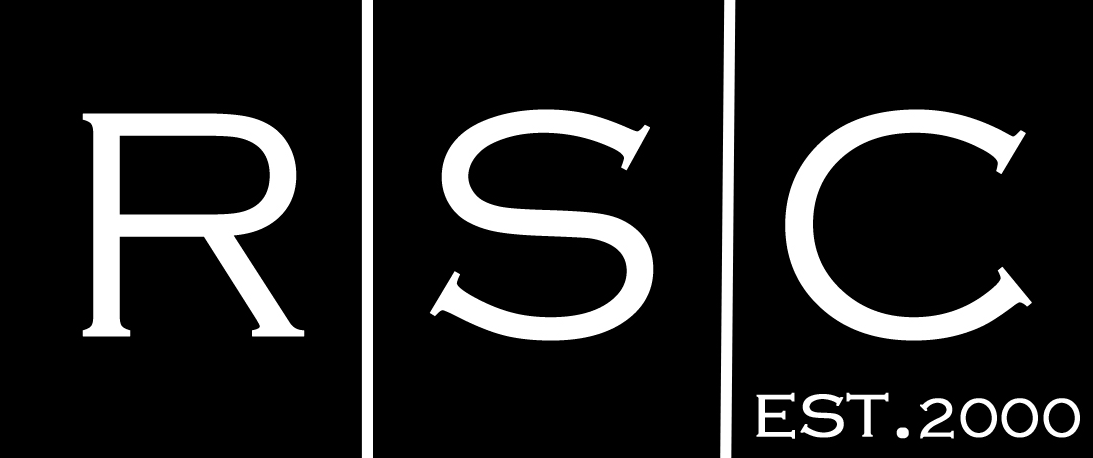As the COVID-19 pandemic forced businesses to shift to remote work, many companies are now grappling with whether or not to make this shift permanent. Remote work has many benefits, but it also comes with its own set of challenges. In this blog post, we’ll explore the pros and cons of remote work and ask the question, “Is remote work permanent?”
Pros of Remote Work:
- Increased Productivity: Studies have shown that remote workers tend to be more productive than their office-bound counterparts. This is because remote workers are less likely to be distracted by office politics or other non-work-related issues.
- Cost Savings: Remote work can lead to significant cost savings for both employers and employees. For employers, there are cost savings on office space, utilities, and other overhead expenses. For employees, there are cost savings on transportation, meals, and other work-related expenses.
- Flexibility: Remote work allows employees to have more flexibility in their schedules. This can be particularly beneficial for those with childcare responsibilities or for those who have other commitments outside of work.
- Expanded Talent Pool: With remote work, employers are no longer restricted to hiring talent within a specific geographic location. This means that employers can tap into a larger talent pool, potentially finding the best candidates for the job.
Cons of Remote Work:
- Lack of Face-to-Face Interaction: One of the biggest drawbacks of remote work is the lack of face-to-face interaction. This can make it more difficult to build relationships and collaborate effectively with colleagues.
- Technology Challenges: Remote work relies heavily on technology, and this can be a challenge for those who are not technologically savvy. Technical issues can also arise, causing delays and frustration.
- Difficulty in Monitoring Productivity: While remote work can lead to increased productivity, it can also be more difficult for managers to monitor their employees’ productivity. This can lead to concerns about accountability and trust.
- Potential for Burnout: Remote work can blur the line between work and personal life, leading to the potential for burnout. Employees may find it difficult to disconnect from work, leading to stress and exhaustion.
Should employers bring employees back to the workplace, even on a hybrid basis, they must consider the workplace environment. One area that employers and facility managers can look at are the acoustic aspects within the office.
A noisy workspace is more than just an annoyance. A quiet workspace is a happy workspace. Noise can cause distractions, reduce productivity, and even increase stress, not to mention the effects on job satisfaction. Noise pollution can be a disruption to any business.
In some cases, noise pollution can be managed just by a simple office rearrangement. A good example is, try placing desks in a cluster per department. It can help compartmentalize noise around the entire office. Try to rearrange your office layout using dividers and screens. They can be placed across desks, positioned on the floor, and even hung from the ceiling to help improve focus. Acoustic pods can be a great addition to any office. Acoustic pods are self-contained spaces. Employees can work and fully concentrate away from their desks. It is a private working area, free from any distractions.
So, is remote work permanent? The answer is not a simple yes or no. While there are clear benefits to remote work, it also comes with its own set of challenges. The decision to make remote work permanent will depend on a variety of factors, including the nature of the work, the culture of the organization, and the needs of employees.
In conclusion, remote work can be a viable option for many organizations. By carefully weighing the pros and cons of remote work, companies can make informed decisions about whether or not to make the shift permanent.
